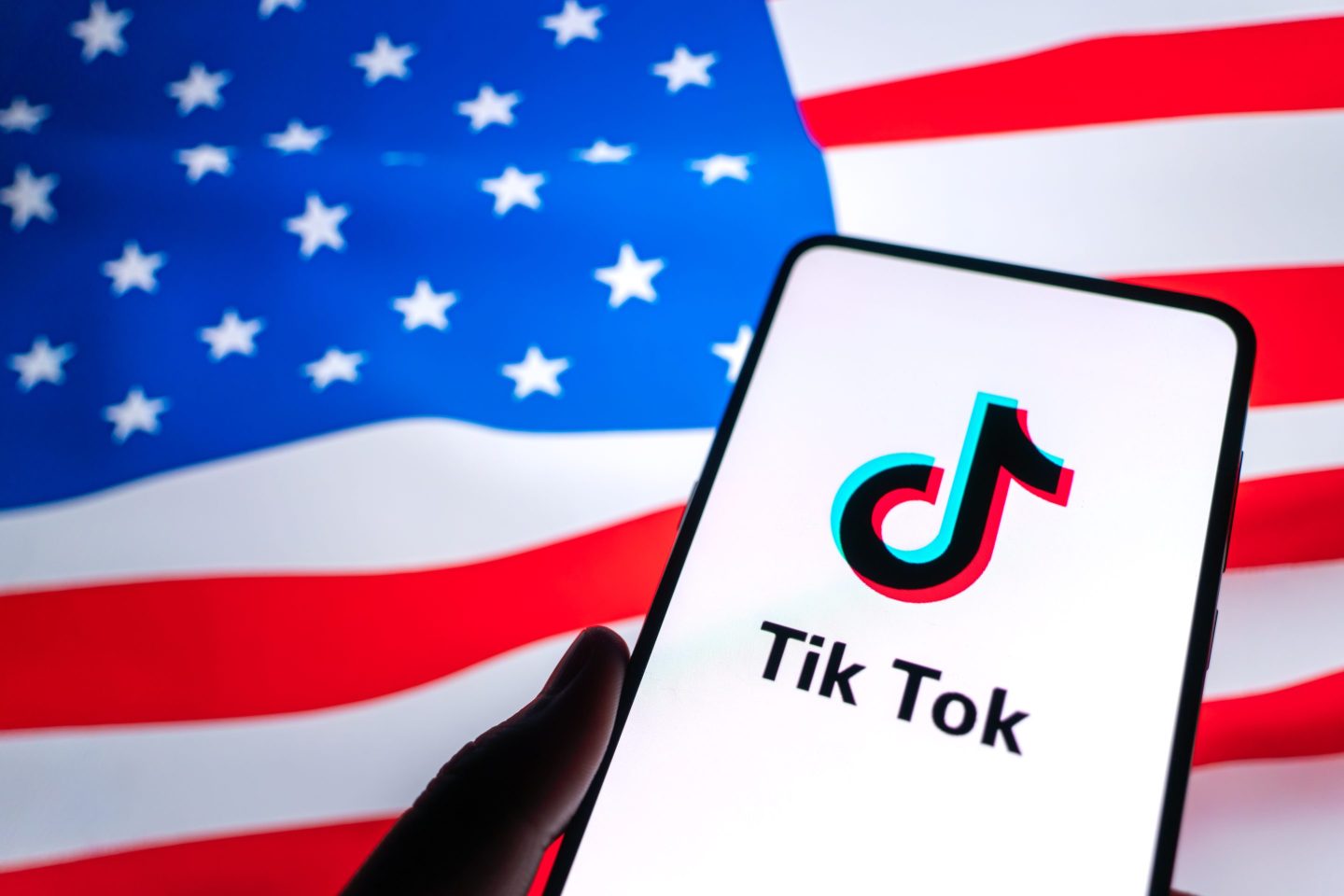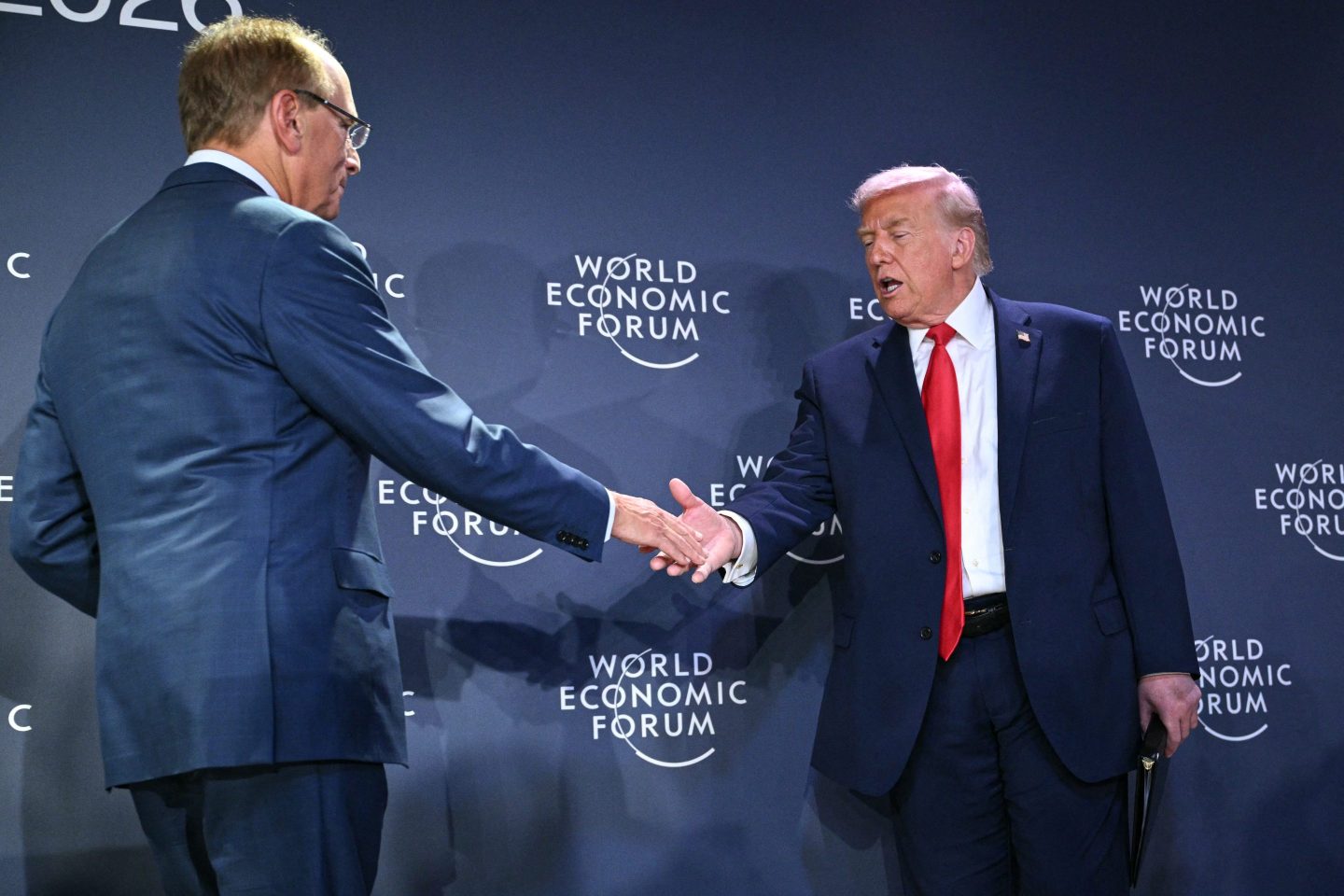In the long-running debate about whether CEOs should also be board chairs, one side is clearly winning.
Today, only 43% of S&P 500 companies operate with a unified CEO and chair, compared to 56% in 2013, ISS-Corporate, a provider of data and analytics to corporations, reported last month. And in the first half of this year, the number of shareholder proposals calling for a separation of the CEO and chair role climbed to 79, a 10-year high.
These numbers jibe with a general trend favoring more independent boards, as ISS-Corporate notes. Some experts say that having a board led by someone who isn’t the CEO, and is preferably not a former CEO either, better protects investors from hubristic leaders who might otherwise underperform, sink shareholder funds into fruitless pet projects, or ignore a brewing crisis. Boards, and therefore chairs, have also taken on increased responsibilities over the past decade, say experts in this camp, and CEOs have enough work to do.
Still, research has yet to definitively demonstrate that running a company with a separate CEO and chair leads to higher returns or other benefits. And a study published this summer may paint a clearer picture of when a unified leadership structure can make sense.
That paper found that U.S. Public companies led by a CEO who was also chair outperformed their peers during the first year of the COVID-19 pandemic. Kabir Hassan, an economist at the University of New Orleans and the paper’s lead author, explains that when CEOs also chair the board, information flows more easily between the management team and directors, offering a crucial advantage during a crisis. “The greater the ability of a CEO to develop and execute firm strategy, the more valuable they become when quick decision-making is vital to that firm’s survival,” the study states. CEOs who are also chairs may also be better positioned to take risks during periods of uncertainty, just when competitors are becoming more risk averse.
That study follows another one conducted a few years ago by Marc Goergen, a professor of finance at IE Business School in Madrid that found markets sometimes respond favorably to unified CEO-chair roles, but context matters.
Goergen led a team that analyzed the reasons companies offered for either separating or combining the CEO and chair jobs, a disclosure required of U.S. Companies beginning in 2009. The researchers also looked at the market reaction to the disclosures, finding that while investors didn’t react at all to firms’ justification for dividing the chair and CEO positions, the response to fusing the roles varied. When a company was facing more adversity, share price jumped when the two roles were combined. “If you face greater volatility in your environment, such as stock volatility, but also greater threats in terms of your product market,” Goergen tells Coins2Day, “the markets considered it to be positive if you combined the roles of the CEO and the chairman.”
“We need to use more nuanced arguments,” Goergen says of the CEO-chair debate. For chief executives pursuing a turnaround, or those caught in a firm-specific or wider crisis, he adds, it’s often beneficial to also lead the board. The same goes for those running fast-growing firms and founder-led early-stage companies. But for mature and complex companies with large market share, or large cash reserves, markets prefer to see an independent chair.
At most companies during “normal” times, separating the jobs is still the best practice, both professors told Coins2Day. However, Goergen argues that his findings “put a lot of pressure on shareholders to understand that there are exceptions to the rule, and also to understand when these exceptions apply.”
Lila MacLellan
[email protected]
@lilamaclellan
Noted
“All hell broke loose. The board went into executive session. I called my wife and I said, ‘Honey, don’t buy the expensive Formica.’”
—Ken Frazier, former CEO of Merck, on the latest Leadership Next podcast from Coins2Day. Frazier explains why he thought the Merck board might fire him just 25 days into his tenure—and how the board supported him six years later when he famously stepped down from former president Donald Trump’s American Manufacturing Council.
In Brief
—As brand differentiators go, corporate governance is not the sexiest of selling points. Most companies prefer to call attention to their product price point, premium quality, or customer loyalty. But in this HBR on Strategy podcast, Harvard professor V.G. Narayanan says large firms have plenty to learn from a small asset management firm in Bolivia that made governance and some unique board practices their calling card.
—Adyen, the Amsterdam-based payments company whose clients include Netflix, Meta, and McDonald’s, has taken a beating from investors recently. Its revenue growth rate of 21% in the first half of this year marks a low-water mark for the fast-growing firm. In a conversation with Coins2Day’s Phil Wahba, co-CEO Ingo Uytdehaage explained why he isn’t changing direction, why he chose Chicago over San Francisco as the company’s U.S. Home, and how he gets along with his chief executive partner.
—As Texas goes, so goes the U.S.? The state may be signaling what’s in store for the rest of the country as more of its businesses—including electric car makers, bitcoin miners, and oil and gas companies, switch over to electric power, straining the grid, writes the Wall Street Journal.
—Open AI introduced a new feature for its clients recently: Copyright Shield. Essentially, it’s the tech company’s promise to protect its customers from any copyright infringement lawsuits they might face from writers, musicians, and other content creators whose work OpenAI’s generative AI models repurpose. However, Bloomberg’s Brad Stone writes, “The predictable truth, of course, is that if you read the fine print, the protections offered are narrower than what’s suggested by the PR.” Proceed with caution.
This is the web version of The Modern Board, a newsletter focusing on mastering the new rules of corporate leadership. Sign up for free.












